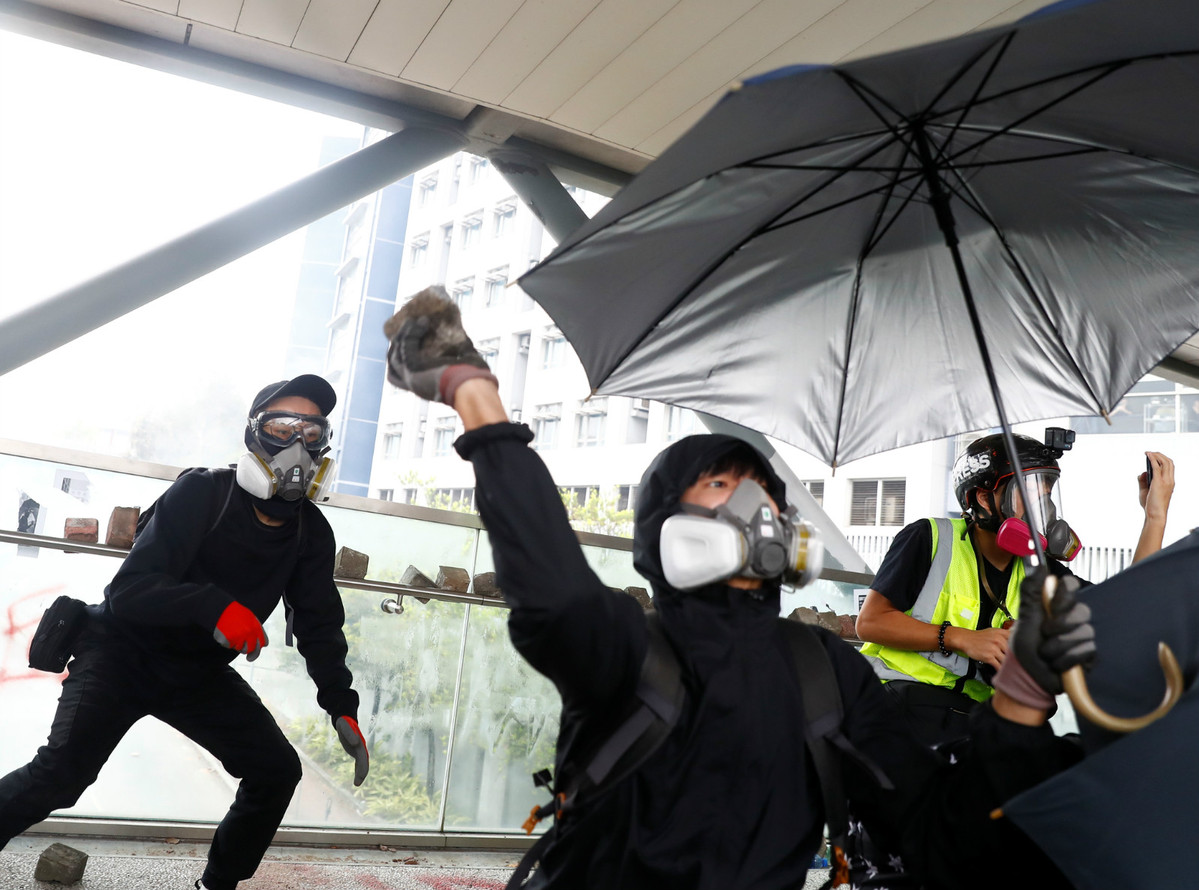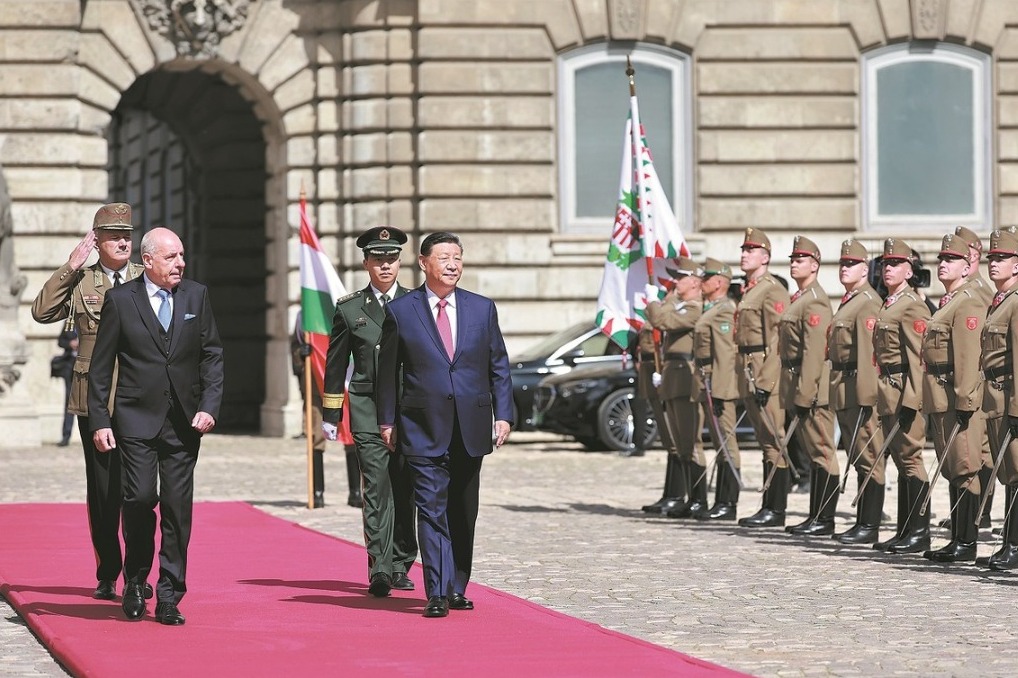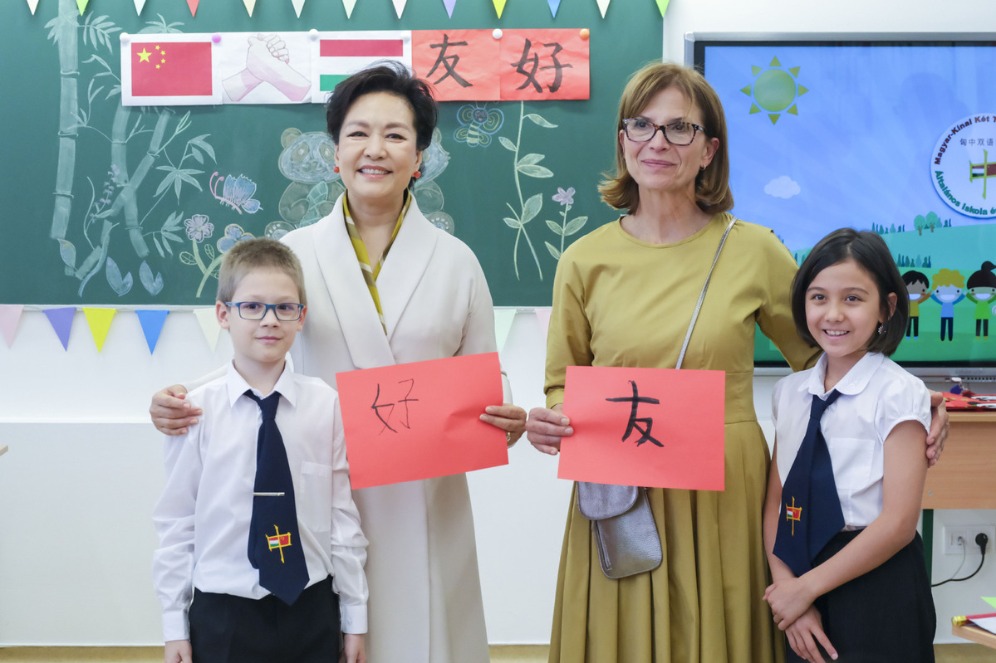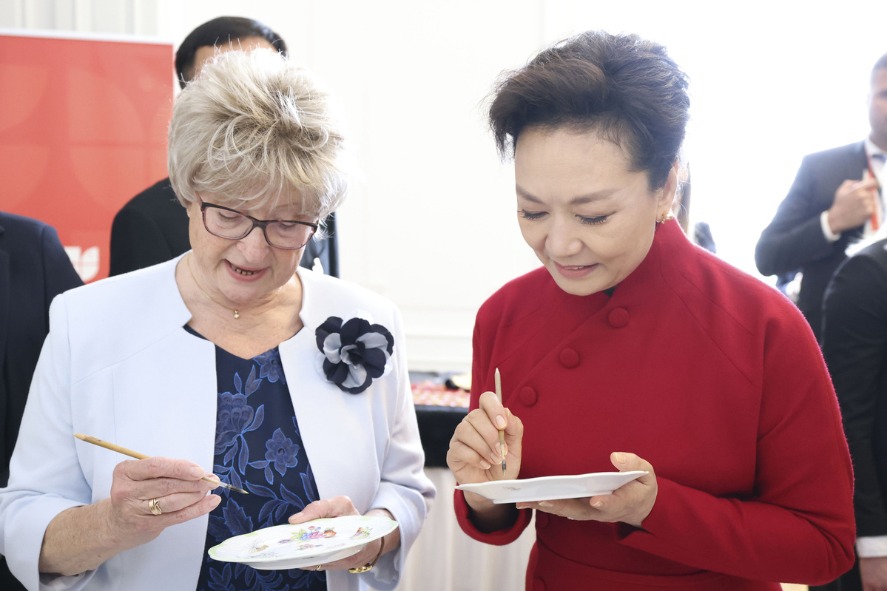Biased media coverage about HK police fueling violence by the young, experts say
By ZHAO RUINAN in Hong Kong | China Daily Global | Updated: 2019-12-13 09:15

Educational and legal experts in Hong Kong said that biased reports about the police and insufficient education about the rule of law and national identity have contributed to the surging number of violent acts by the city's young.
The remarks came after the Hong Kong Police Force revealed earlier this week that students have accounted for nearly 40 percent of the 6,022 arrests related to the anti-government demonstrations since June 9. The youngest of those arrested was only 11.
On Tuesday, Hong Kong Chief Executive Carrie Lam Cheng Yuet-ngor also expressed her deep concerns over violence spreading to the city's schools, saying the high participation of young students in the monthslong turmoil has been "very worrying".
A day before her remarks, Hong Kong police seized two "fully functional" home-made bombs in a secondary school.
Ho Hon-kuen, chairman of the professional association Education Convergence, said that young students are easily influenced by the biased political speeches on campuses, as radicals have infiltrated universities and secondary schools.
During the half year of social unrest, radical protesters, comprising mainly young people, stormed the Liaison Office of the Central People's Government in the Hong Kong Special Administrative Region and defaced the national emblem. Enterprises that have links with Chinese mainland have been vandalized. Offensive graffiti targeting the central government, the Communist Party of China and people from the mainland have been sprayed at various locations.
But the real reason behind the scenes is young people's lack of "national identity", Ho said.
A 2018 survey conducted by the Education University of Hong Kong showed that only three in ten secondary students in Hong Kong have a national identity issue.
Ho blamed the city's education system for the "national identity crisis".
In Hong Kong, liberal studies was included as a compulsory course for senior high school students a decade ago. In 2012, it was included in the city's college entrance exam system, along with Chinese, mathematics and English.
Currently in Hong Kong, there are no standardized textbooks for liberal studies. Teachers are free to produce their own teaching manuscripts, which gives the teacher a dominating role on what to teach.
Ho urged the HKSAR government to work with the central government and social organizations to enhance education on history, culture and basic conditions in the country.
For example, Ho said, in addition to natural science funds, the central government should allocate funds for projects on Chinese culture education, encouraging teachers and students in the SAR to get well-versed in Chinese culture.
Meanwhile, educators should bear in mind that under the "one country, two systems" principle, "one country" always comes first, Ho added.
Adding to the city's woes is the one-sided coverage about the Hong Kong Police Force by Western media and some local news outlets, according to Wong Kwan-yu, president of the Hong Kong Federation of Education Workers.
Wong said these biased and inaccurate reports fuel young people's anti-police sentiments and incite them to vent their anger on the front-line officers through violence.
In August, CNN posted a news story on its website that accused the Hong Kong police officers of throwing gasoline bombs at protesters in Tsuen Wan. But the bombs, as seen later in a video clip, were hurled by radicals at a police officer.
Kong Wing-cheung, senior superintendent of the police, public relations branch, denounced the report, saying that any attempts to conceal the violence of protesters by lying are doomed to fail. CNN later conceded the news story was "erroneous" and dropped it.
Such unfair reporting could give young students a wrong impression about the police and, even worse, the city's legal system, Wong said.
He also said educators in school are responsible for teaching students to make a clear distinction between right and wrong, in other words, to respect the rule of law.
"Young students should hold to the bottom line of the law and get their demands met in a peaceful way. Violence cannot address any problems," he said.
























